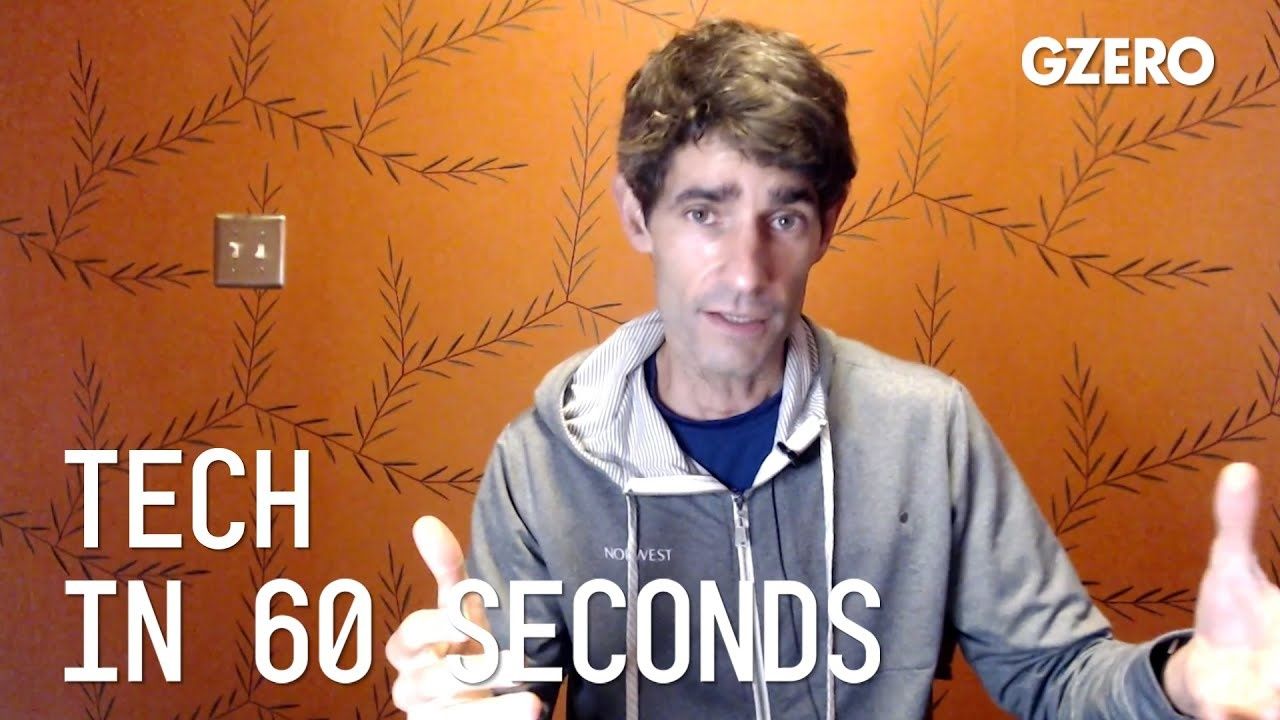
Nicholas Thompson, editor-in-chief of WIRED, helps us make sense of today's stories in technology:
Why is the Department of Justice suing Google?
Well, they are suing Google because Google is a giant, massive company that has a dominant position in search. In fact, on your phone, you almost can't use any other search engine or at least your phone is preloaded with Google as a search engine and you probably don't know how to change it. The Department of Justice alleges that Google has used its power and its muscle to maintain its position, and that violates the antitrust laws.
Goodbye Quibi. Why did the video streaming platform fail?
Well, Quibi failed in part because of timing, it launched right at the start of the pandemic, which was very, very hard. Secondly, they just didn't have the right content, nothing seemed magical. And third, they made a bunch of tactical errors. They didn't allow people to screenshot and share stuff from the videos they saw. They weren't available on every platform. They made some mistakes. And now, unfortunately, they're gone.